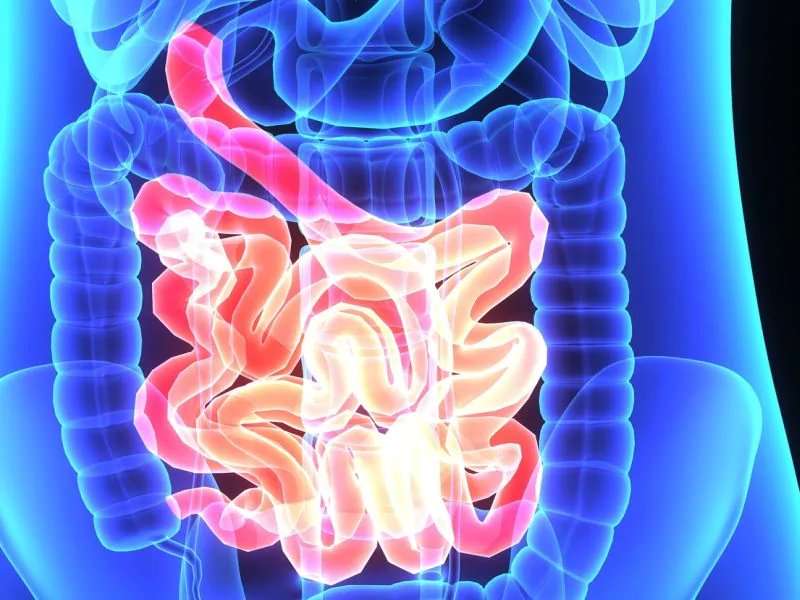Computer-aided colonoscopy reliably identifies small polyps

(HealthDay)—Computer-aided colonoscopy can reliably diagnose small polyps that do not need to be removed, according to a study published online Aug. 14 in the Annals of Internal Medicine.
Yuichi Mori, M.D., Ph.D., from the Showa University Northern Yokohama Hospital in Japan, and colleagues evaluated the performance of real-time computer-aided diagnosis (CAD) with endocytoscopes (×520 ultra-magnifying colonoscopes providing microvascular and cellular visualization of colorectal polyps) among 791 consecutive patients undergoing colonoscopy.
Overall, 466 diminutive (including 250 rectosigmoid) polyps from 325 patients were assessed by CAD. The researchers found that the pathologic prediction rate was 98.1 percent. For diminutive rectosigmoid adenomas, the negative predictive value of CAD with stained mode was 96.4 percent in the best-case scenario and 93.7 percent in the worst-case scenario. With narrow-band imaging the best-case scenario was 96.5 percent and the worst-case scenario was 95.2 percent.
"Real-time CAD can achieve the performance level required for a diagnose-and-leave strategy for diminutive, non-neoplastic rectosigmoid polyps," the authors write.
Several authors disclosed financial ties to the companies that provided the instruments used in this study.
More information:
Abstract/Full Text (subscription or payment may be required)
Editorial (subscription or payment may be required)
Copyright © 2018 HealthDay. All rights reserved.
















